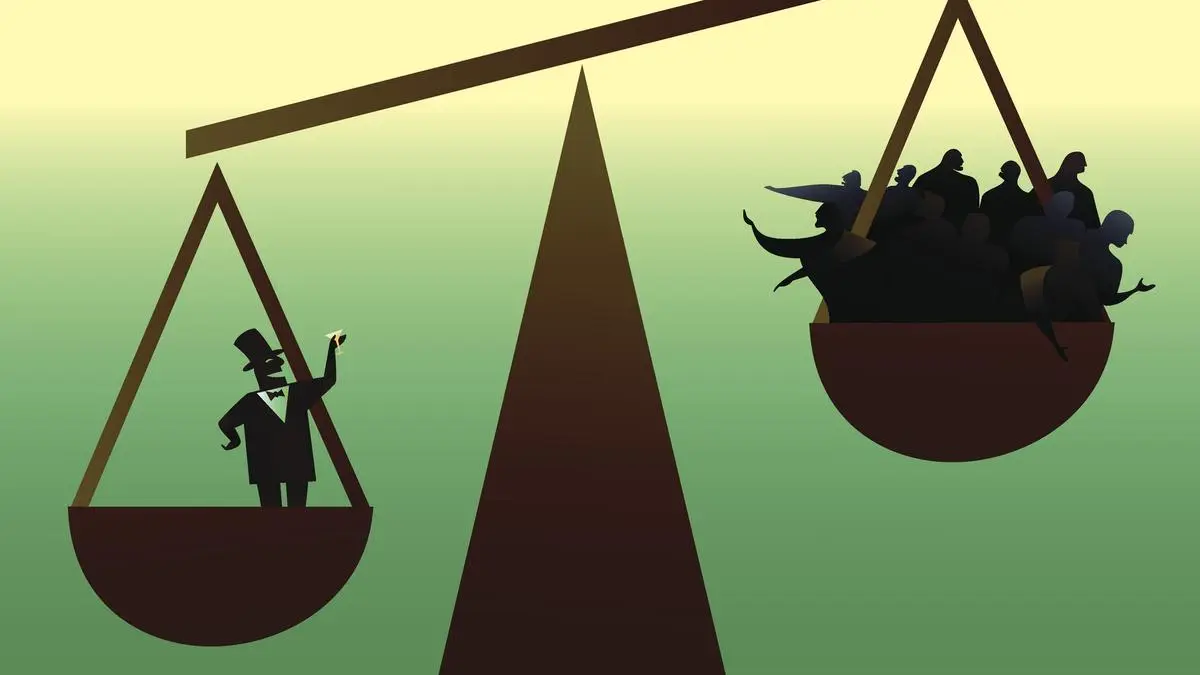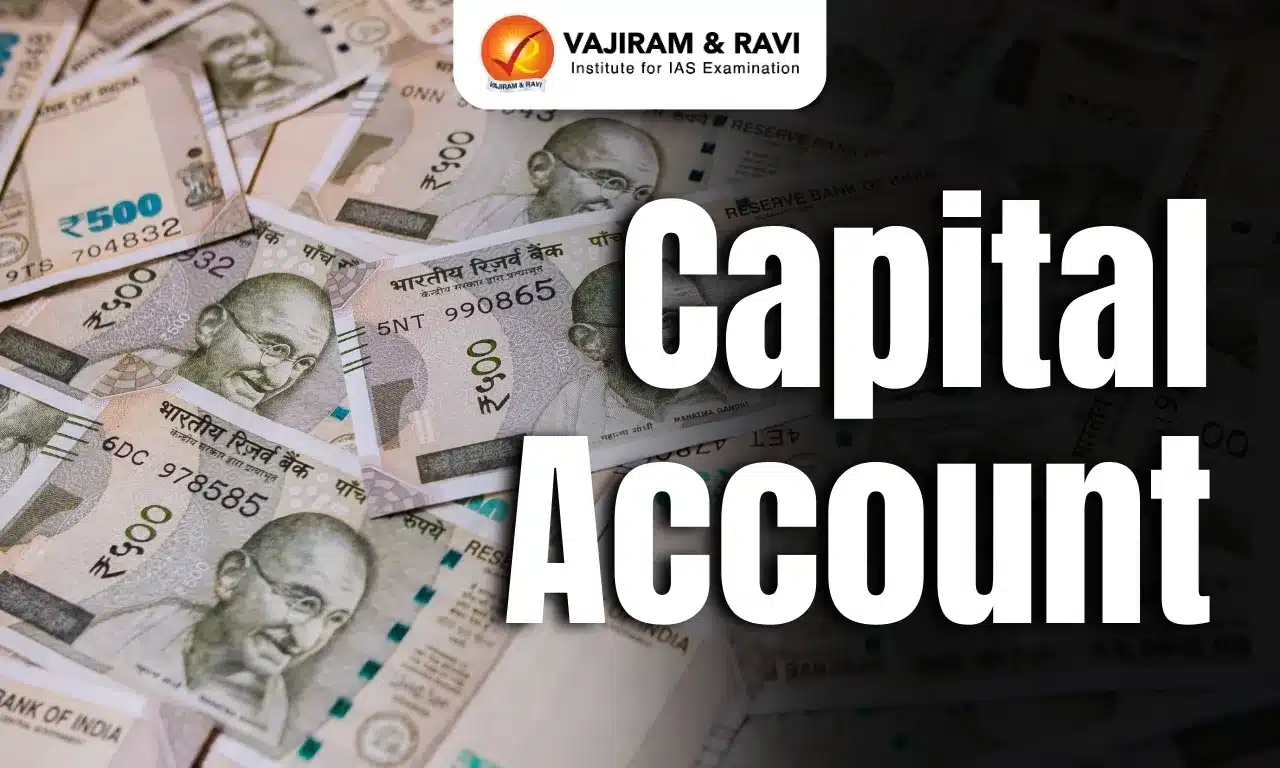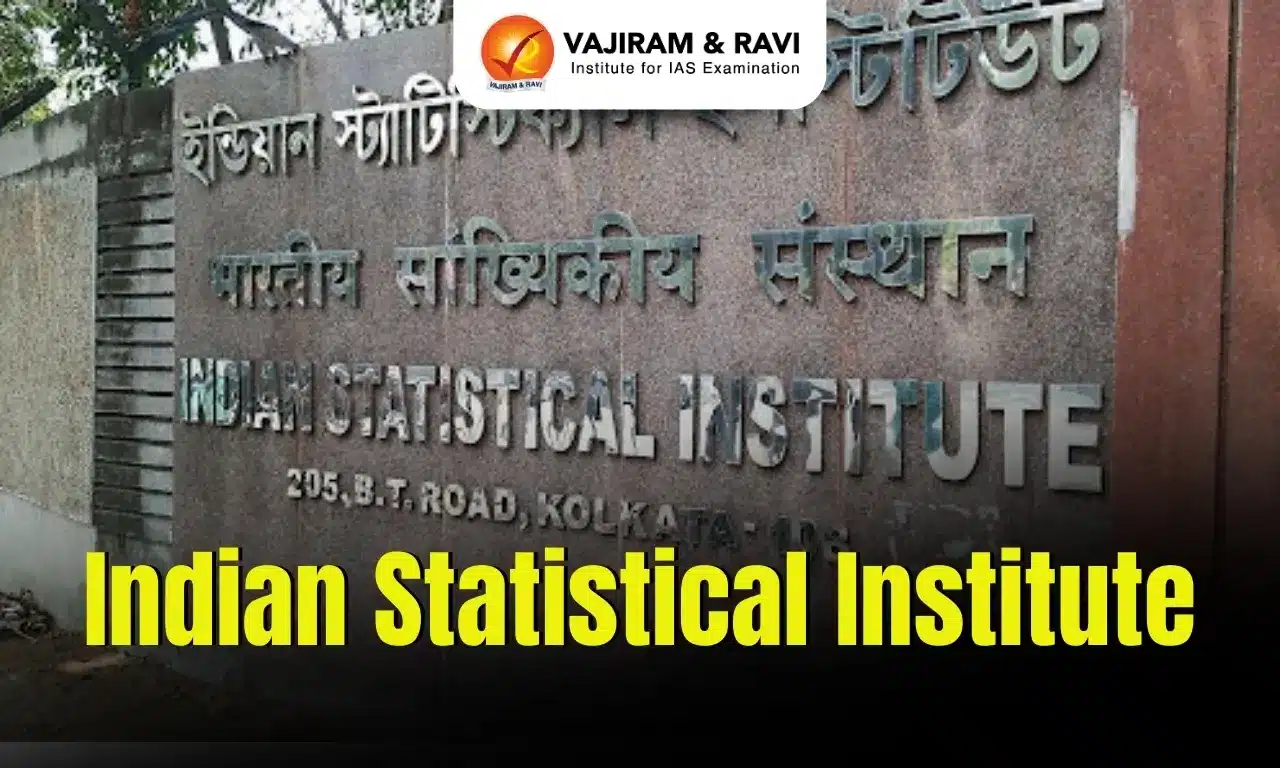What’s in today’s article?
- Why in News?
- Argument For and Against Inequality
- Business Monopoly and Inequality
- How Business Monopoly Leads to Inequality?
- Could Redistribution of Wealth Help Reduce Inequality?
Why in News?
- According to the Researchers from the Paris School of Economics, inequality in modern India surpassed that of colonial periods.
- In this context, the article tries to analyse the concept of inequality and how redistribution policies can be used to reduce it.
Argument For and Against Inequality:
- According to some researchers, some form of inequality is actually beneficial, since it encourages entrepreneurs to launch businesses, boosting employment and well-being for others.
- However, for some researchers, inequality can only have deleterious economic-political effects.
- For example, inequality harms democratic processes and results in the concentration of monopoly power amongst capitalists relative to labour.
- This can have negative effects on consumption, welfare, and growth.
- To deal with the situation, they suggest wealth taxes and distribution policies can be a good option.
Business Monopoly and Inequality:
- Because they are the dominant players in their specific market, monopolies allow enterprises to set their own pricing for their goods instead of being determined by the market.
- This may lead to the phenomenon known as “greedflation,” which refers to businesses boosting prices to boost profit margins.
- Thus, the presence of monopolies can lead to lower real wages, resulting in the rise of economic inequality in the society.
How Business Monopoly Leads to Inequality?
- Condition favourable for workers – Role of ‘multiplier’ effect:
- When a company decides to set up a new factory, wages are paid out to workers to build it.
- This income of the workers is spent on purchasing goods, which increases the income of goods-sellers and whose increased income results in purchases of other goods.
- Thus, the total increase in the income of workers and goods-sellers is greater than the initial investment.
- This process is called the ‘multiplier’ effect, wherein investment raises incomes by a greater proportion than the initial investment.
- Companies exercise monopoly:
- Real wages of workers are lower and they can only purchase lesser items.
- However, companies will enjoy the same amount of profits from the sale of a lesser amount of goods (because of higher margins).
- The increase in income from a given amount of investment will be lesser under monopoly because of reduced consumption power.
- Thus, investment will have a weaker effect on growth under monopoly (while the profits earned by the companies remain the same).
- Can the consumption of the rich help boost growth?
- Wealthy people consume more in total, but they consume a lesser percentage of their income.
- As a result, an unequal economy will give people who are more likely to consume less income, which will hinder economic growth.
Could Redistribution of Wealth Help Reduce Inequality?
- No:
- Investment occurs under the influence of future profit expectations, while wealth is accumulated past profits.
- A high tax regime would deter entrepreneurs from accumulating wealth, which would diminish investment and employment.
- Yes:
- Taxing billionaires and providing basic income to the poor might cause some to exit the economy, but can create a new class of entrepreneurs and boost start-ups.
- If monopolies are curtailed, then prices would be lower and real wages higher, leading to greater demand.
- Conclusion:
- Redistribution is not a silver bullet, and an economy may suffer from having excessively high tax rates.
- Thus, if redistribution is combined with other policy measures, inequality can be reduced.
Q.1. What is the Gini Index?
The Gini index measures the extent to which the distribution of income/ consumption among individuals/ households within an economy deviates from a perfectly equal distribution. A Gini index of 0 represents perfect equality, while 100 implies perfect inequality.
Q.2. What is the Pradhan Mantri Mudra Yojana (PMMY)?
The PMMY is a flagship scheme of the Government of India to “fund the unfunded” by bringing such enterprises to the formal financial system and extending affordable credit to them. The scheme was launched on 8th April, 2015.
Source: Does inequality lead to growth?
Last updated on November, 2025
→ Check out the latest UPSC Syllabus 2026 here.
→ Join Vajiram & Ravi’s Interview Guidance Programme for expert help to crack your final UPSC stage.
→ UPSC Mains Result 2025 is now out.
→ UPSC Notification 2026 is scheduled to be released on January 14, 2026.
→ UPSC Calendar 2026 is released on 15th May, 2025.
→ The UPSC Vacancy 2025 were released 1129, out of which 979 were for UPSC CSE and remaining 150 are for UPSC IFoS.
→ UPSC Prelims 2026 will be conducted on 24th May, 2026 & UPSC Mains 2026 will be conducted on 21st August 2026.
→ The UPSC Selection Process is of 3 stages-Prelims, Mains and Interview.
→ UPSC Result 2024 is released with latest UPSC Marksheet 2024. Check Now!
→ UPSC Prelims Result 2025 is out now for the CSE held on 25 May 2025.
→ UPSC Toppers List 2024 is released now. Shakti Dubey is UPSC AIR 1 2024 Topper.
→ UPSC Prelims Question Paper 2025 and Unofficial Prelims Answer Key 2025 are available now.
→ UPSC Mains Question Paper 2025 is out for Essay, GS 1, 2, 3 & GS 4.
→ UPSC Mains Indian Language Question Paper 2025 is now out.
→ UPSC Mains Optional Question Paper 2025 is now out.
→ Also check Best IAS Coaching in Delhi

















